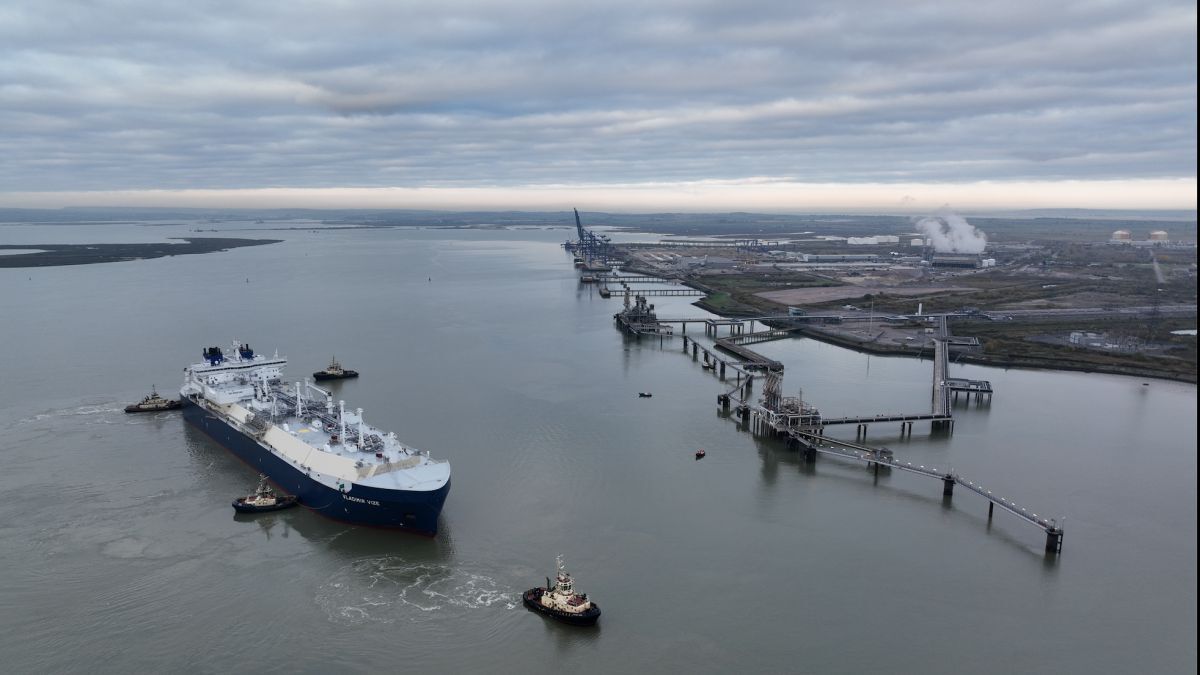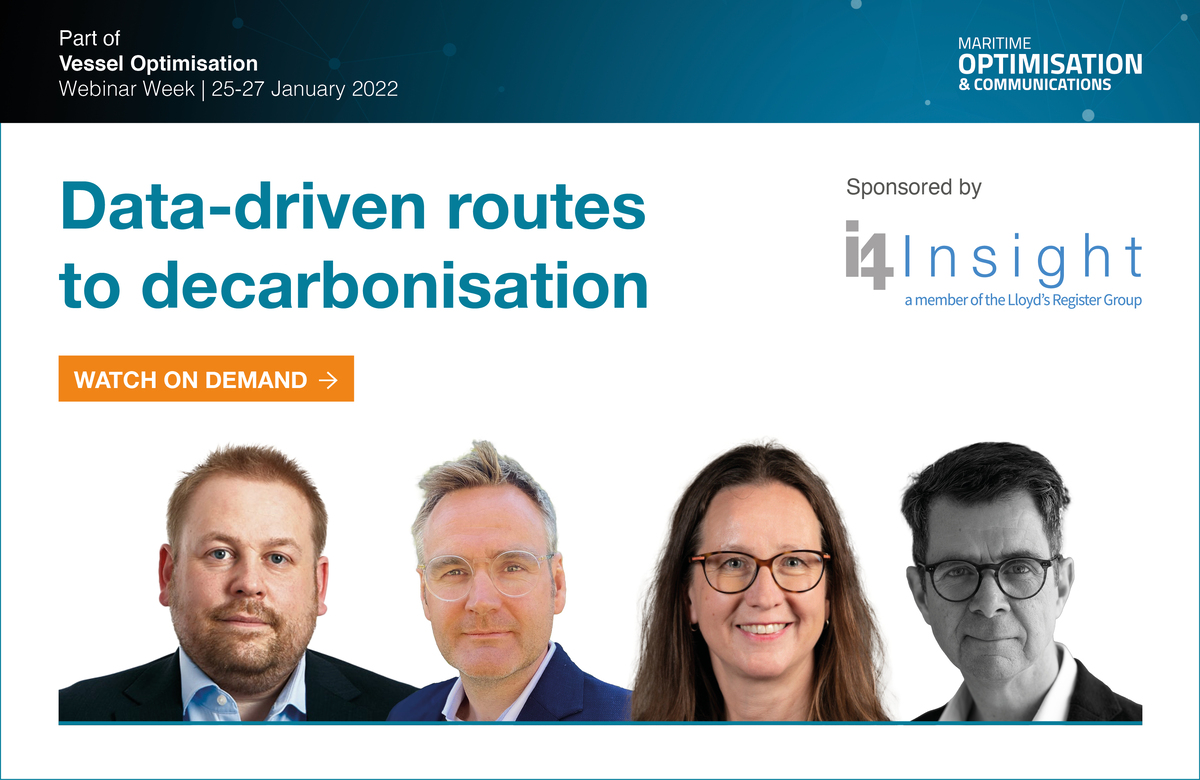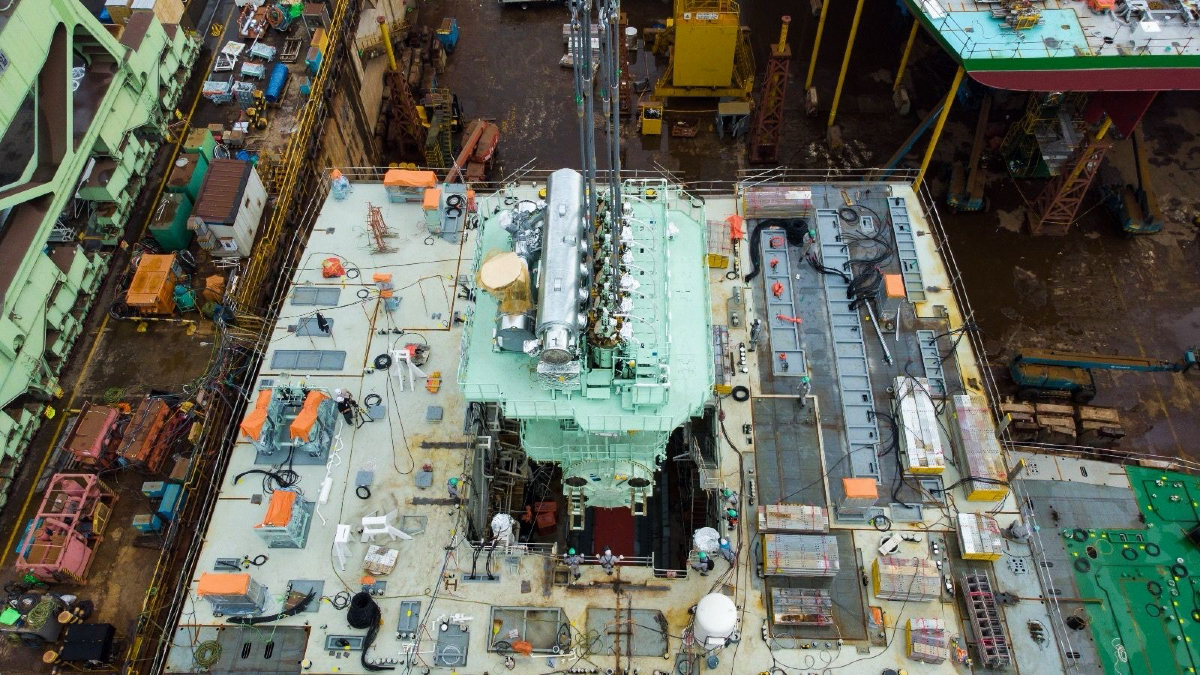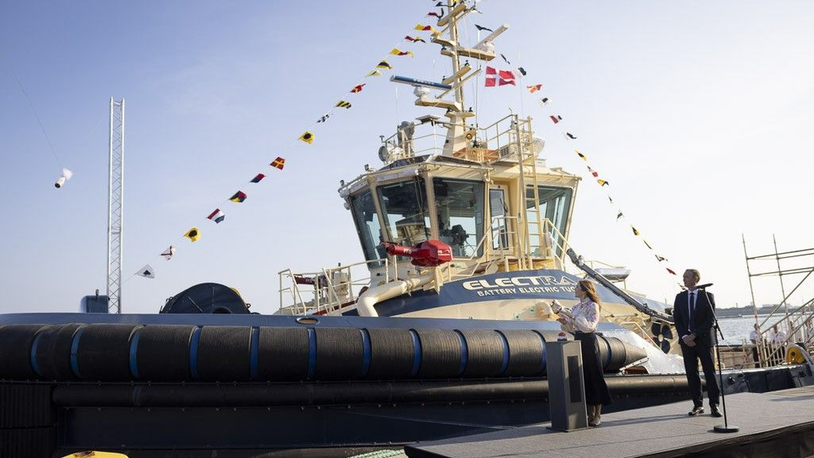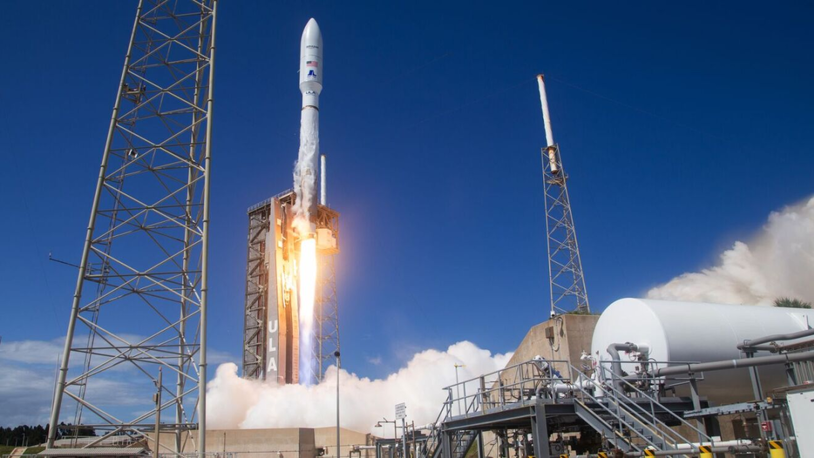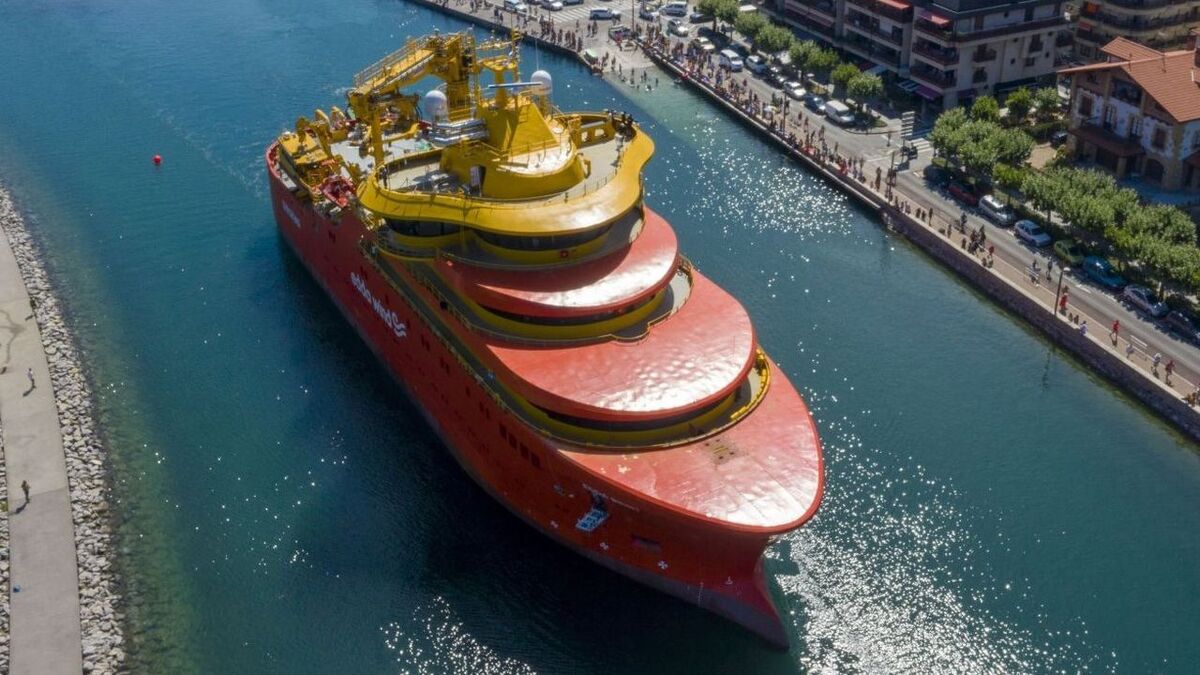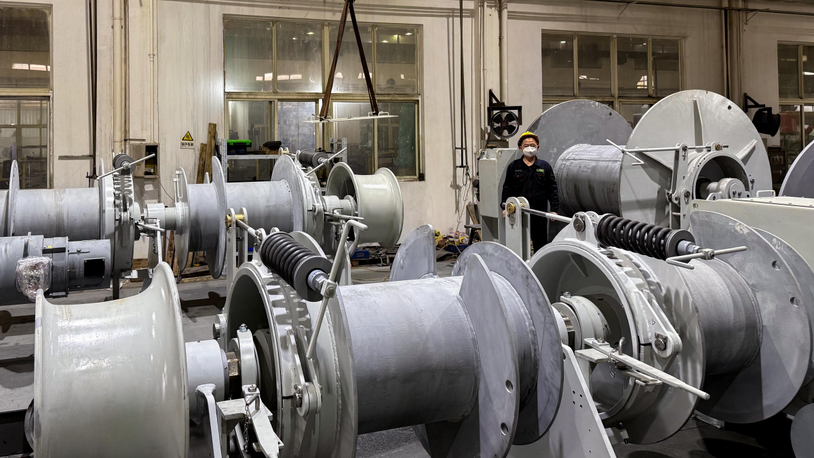Business Sectors
Events
Floating energy: successfully unlocking stranded gas using FLNGs and FSRUs
Contents
Register to read more articles.
Data will drive shipping’s decarbonisation voyage
Data needs to be at the forefront of shipping’s drive towards net-zero emissions, experts explained at Riviera Maritime Media’s Data-driven routes to decarbonisation webinar
This event, sponsored by i4 Insight, was held 25 January 2022 during Riviera Maritime Media’s Vessel Optimisation Webinar Week.
On the panel were North of England P&I loss prevention executive Mark Smith, Svitzer head of decarbonisation Gareth Prowse, Tallinn University of Technology Maritime Transport Estonian Maritime Academy’s tenured associate professor Ulla Pirita Tapaninen and i4 Insight subsidiary GreenSteam chief executive Simon Whitford. i4 Insight is a member of the Lloyd’s Register group.
Mr Smith said the maritime industry is still uncertain what the future will bring in terms of technologies and fuels to decarbonise shipping operations. He said regulators need to be more proactive with the industry to explain what will be required in the medium to long term.
Mr Smith had several concerns over the challenges the shipping industry faces to decarbonise, including ensuring availability of future fuels. “There are many challenges ahead as there are so many options,” he said. “What can be done in the future needs to be accessible to ships.”
Mr Smith also highlighted the need to improve seafarer training, particularly engineers, to maintain machinery using these future fuels. “Crew training will need to be adapted,” he said. “We will need simulators.”
One of the key issues is the lack of experience on ships using future fuels. “We cannot substitute hands-on experience,” said Mr Smith. “As there are no vessels using hydrogen, how can we get this experience?”
He said increasing the use of data to optimise ship operations and voyages could help to cut emissions in the short term. “We need to encourage decarbonisation through data, but need to be mindful of the time crew take to input this data,” said Mr Smith.
Svitzer’s Mr Prowse gave a vessel owner’s perspective on methods of decarbonising operations. He highlighted the importance of using data to gain greater understanding of emissions and fuel consumption in vessels and across fleets. “People will get insight from data and by measuring what they need to manage,” he said.
Mr Prowse said having a better understanding of the quality of data and its limitations is important. “Data becomes the crystal ball for seeing fleet operations,” he said. Data helps Svitzer “look at the options and pick the best bet for the future.”
Seafarers will also play an important role in implementing decarbonisation strategies within maritime sectors. “We need to engage everyone in the organisation, including shore staff and crews in driving decarbonisation in the long run,” said Mr Prowse.
Mr Whitford highlighted the importance of using machine learning to improve the quality of information derived from data. “People need to have objectives of what they want to get out of the data,” he said. “They can use machine learning to track their trajectory in decarbonising.”
Mr Whitford said there was a lot of data “hidden in vessels and in offices” which should be extracted and analysed.
There are also many instances of misreporting and flawed data due to sensor issues. “These mean many data challenges,” Mr Whitford said. One of these is the volume of data from different sources. “There are silos of information everywhere. We need to understand how different data sets can lead to information on vessels’ fuel consumption,” he added.
Professor Tapaninen highlighted the importance of including data on port operations and shipping routes to reduce overall emissions from the shipping and logistics industry.
“Sea traffic management services can reduce emissions overall,” she said. “The whole marine and port ecosystem has to be optimised.”
Prof Tapaninen said this can be best achieved through exchanging information between ports and ships to enable voyage optimisation, slow steaming and just-in-time port arrivals.
Attendees of the webinar were in general agreement about the importance of data quality. 90% of those responding said they were focusing on data quality as part of their current decarbonisation strategy.
In a series of poll questions, many of the responding delegates said they had undertaken an exercise to test the integrity and accuracy of their current vessel data reporting and analysis systems and processes in the last 12 months. When asked, 35% said they had, but were unsatisfied with the results and 20% were satisfied. 25% said they had not undertaken any exercises, but plan to do so and another 20% said they had no plans.
Attendees were asked for their opinions on regulations driving shipping towards decarbonisation.
Delegates were told being ready for carbon intensity index (CII) regulations will require three stages; bunker procurement, condition-based maintenance and retrofits, and voyage optimisation. They were then asked which of these stages concerned them the most: 35% voted for condition-based maintenance and retrofits, 31% said voyage optimisation and 11% said procurement, while 21% voted for some or all of them and 2% for none of them – we are ready.
Attendees were asked if they were ready to maintain commercial viability while also meeting the CII regulations from 2023. 72% of the respondents said no they were not ready, but were working towards a plan, 14% said they were not ready and had no plan and another 14% said they were ready with everything in place.
In another poll, delegates were asked if data from IMO’s DCS should be made publicly available in the same way as the European Union’s MRV data is made available via the Thetis platform. Of those responding, 79% said yes and 21% disagreed.
There was also reasonable agreement that localised emissions trading systems, such as the EU ETS, will play a bigger part in decarbonisation than global targets set by IMO, with 77% agreeing and 23% disagreeing.
Attendees were then asked which of the plethora of future fuels would see the greatest uptake through to 2050. Of those responding to this poll, 32% said biofuels, 30% ammonia, 29% methanol and 9% nuclear.
However, 63% of attendees agreed using speed reductions would be one of the main tools to reach zero-carbon shipping, 37% disagreed.
On Riviera’s Data-driven routes to decarbonisation webinar, sponsored by i4 Insight, panel were (left to right) North of England P&I loss prevention executive Mark Smith, Svitzer head of decarbonisation Gareth Prowse, Tallinn University of Technology Maritime Transport Estonian Maritime Academy’s tenured associate professor Ulla Pirita Tapaninen and i4 Insight subsidiary GreenSteam chief executive Simon Whitford
Related to this Story
Events
Maritime Regulations Webinar Week
Floating energy: successfully unlocking stranded gas using FLNGs and FSRUs
© 2024 Riviera Maritime Media Ltd.


